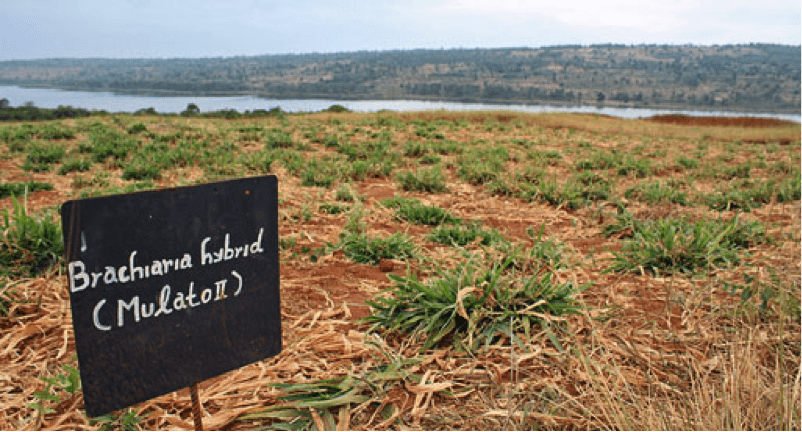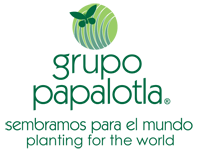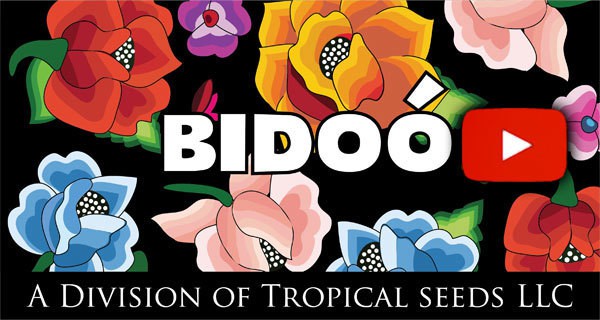-
International
With a presence in Asia, Africa, Australia and the Pacific, the Caribbean, and the United States; working with both small farmers and large enterprises we are never too far from your needs. -
-
TROPICAL SEEDS, LLC
2175 NW 24TH AVE.
MIAMI, FLORIDA 33142-7279
USA
Phone: +1 954 7536301
-
MEXICAN SEED REVOLUTION
From CIAT BLOG (An African grass comes home for good) – Part 2: Biodiversity to the rescue
– See more at: http://www.ciatnews.cgiar.org/2014/10/23/an-african-grass-comes-home-for-good-2/#sthash.zIez61ZO.dpufBrigitte Maass (CIAT) is pleased with farmers’ largely positive reaction to Mulato II, but precisely because of the enthusiastic response, she’s also a bit worried. “Overselling one outstanding grass can increase the vulnerability of smallholder dairy farming to changing pest and disease pressures and eventually lead to a repeat of the recent disaster with Napier,” says Maass. In fact, icipe entomologists have already sounded the alarm about the damage that shootflies sometimes cause to Mulato II when it’s first getting established.

The Rwanda Agriculture Board (RAB) is testing Brachiaria grass, and producing both seed and hay at its Karama Research Station in Bugesera District.
The Rwanda Agriculture Board (RAB) is testing Brachiaria grass, and producing both seed and hay at its Karama Research Station in Bugesera District.
“To counter these problems, we have to introduce and test a wide range of materials, which can fit different ecological and production niches across the region,” says Maass. For this purpose, Zeyaur Khan at icipe has already obtained new Brachiaria grasses, which are being tested at field stations and in farmers’ fields for the push-pull approach.Another key player in this effort is Grupo Papalotla, which has supplied seed to icipe for its work on push-pull and is now setting up a production and marketing operation in Kenya. The resulting Mexican seed revolution will help make improved Brachiaria grasses a common and useful feature of agricultural landscapes throughout this part of Africa.
– See more at: http://www.ciatnews.cgiar.org/2014/10/23/an-african-grass-comes-home-for-good-2/#comments
-
-
TROPICAL SEEDS, LLC
2175 NW 24TH AVE.
MIAMI, FLORIDA 33142-7279
USA
Phone: +1 954 7536301




